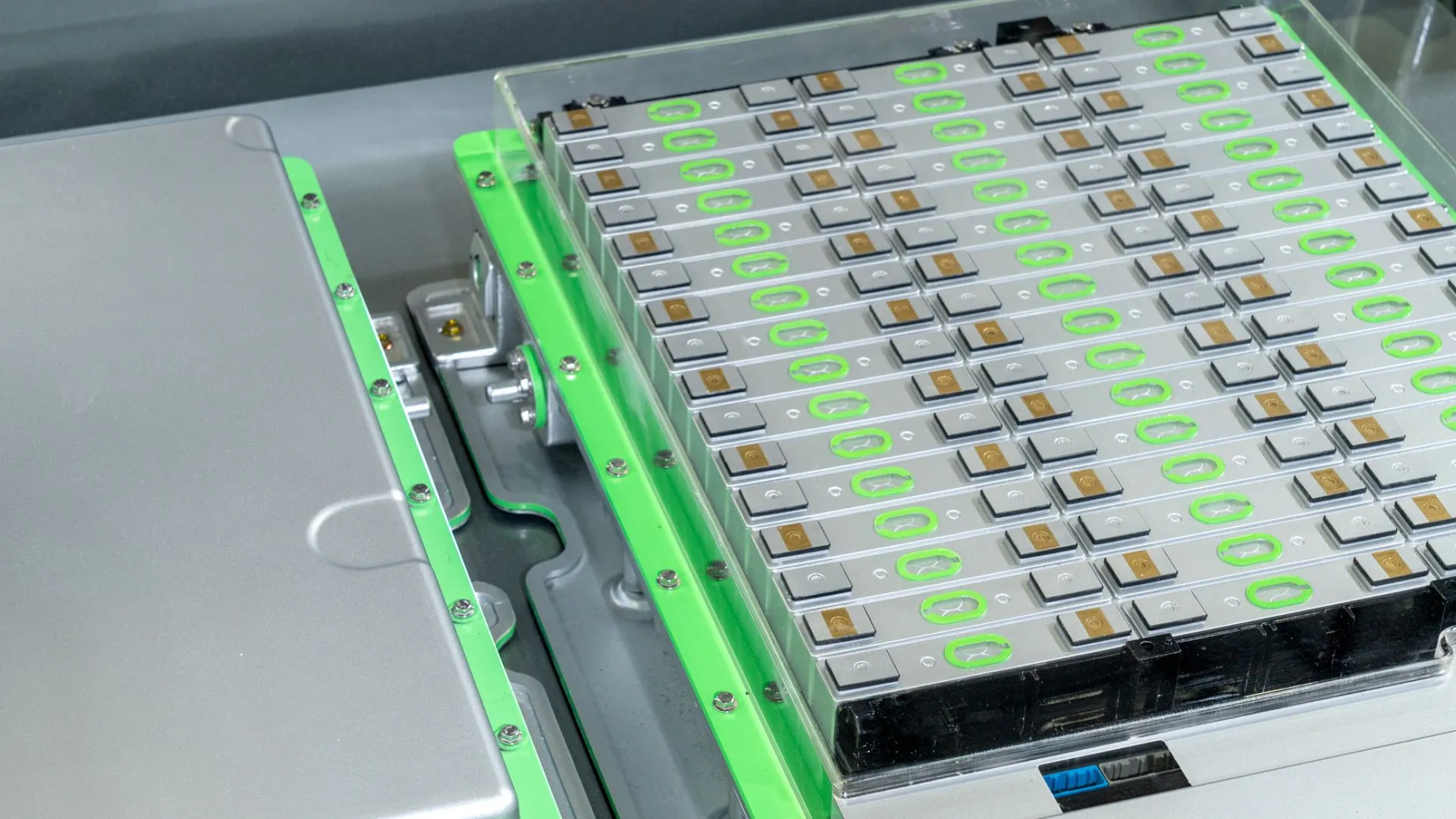
A new battery design could allow electric vehicles to travel up to 50% farther on a single charge without increasing the battery pack’s size, according to its developer, 24M Technologies.
The US-based company recently unveiled its “cell-less” Electrode-to-Pack (ETOP) technology as a way for manufacturers to leapfrog by producing more powerful, cost-effective batteries domestically for EVs, eVTOL aircraft, and energy storage systems.
First launched in October 2023, the ETOP platform achieves this by fundamentally altering battery construction, increasing the volume of energy-storing materials from the traditional 30-60% to as much as 80% of the total pack.
“The pressure to compete on price, design and performance is mounting for American industries that are heavily reliant on imported batteries,” said Naoki Ota, President and CEO of 24M.
“The U.S. must advance battery innovation, not just scale production to close the gap with competitors overseas. Our 24M ETOP offers U.S. manufacturers the technology they need to leapfrog Asian counterparts with industry-leading energy density, first-of-its-kind design flexibility, and lower manufacturing costs.”
Removing materials that do not store energy
The 24M technology focuses on removing materials that do not store energy. Traditional battery manufacturing encases electrodes in individual cell casings, which are then bundled into modules. This process adds weight and volume from inactive components.
The ETOP system bypasses this by creating sealed anode and cathode pairs that are stacked directly into the final battery pack, removing the need for individual cells and modules.
According to 24M, its technology simplifies the manufacturing process, allowing companies to begin production with relatively low capital expenditures. The process—sealing electrodes, stacking them, wiring, and closing the pack—can be integrated into an assembly line from a single machine.
When combined with 24M’s other proprietary technologies, such as the Impervio separator for safety and Eternalyte electrolyte for extreme temperature performance, the company claims manufacturers can deliver a safe and cost-effective 1,000-mile-per-charge battery pack, overcoming significant hurdles that have faced next-generation battery designs.
Global research efforts
As the demand for electric vehicles is growing worldwide, researchers across the globe are working on enhancing the efficiency of batteries.
In another development, a new MIT study has created a new model, called the Coupled Ion-Electron Transfer (CIET) model, to advance lithium-ion batteries. The new model redefines the fundamental chemical reaction known as intercalation, and could pave the way for powerful and faster charging lithium-ion batteries.
Earlier, an international study by Kiel University provided a roadmap for how LSBs could enable charge times of under 30 minutes, some potentially as low as 12 minutes, while delivering higher energy density and improved safety.
Besides, China’s tech giant Xiaomi has filed a new patent for a layered electrode design. As per reports, the new design could deliver a CLTC-rated range of over 745 miles and support fast charging that adds 500 miles of range in just 10 minutes.